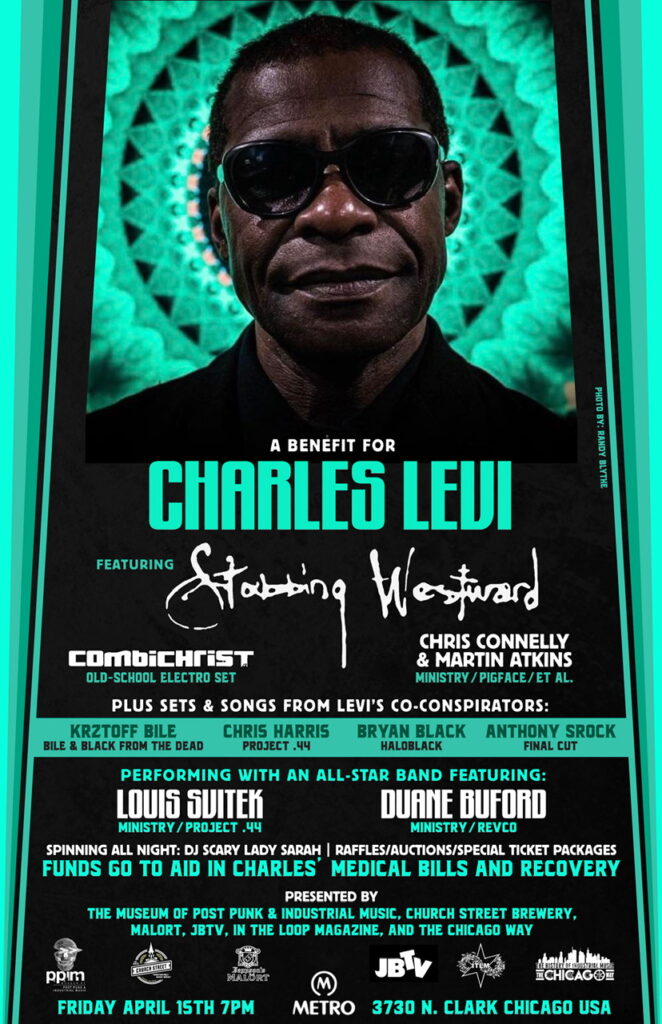Latest News
- Legendary Mask Maker, Zagone Studios, Approaches Fifty-Years Of Innovation Right Here In Chicago
- The Historic Stage At The Genesee Theatre Transformed Into A Time Machine Last Night Reviving The Late 1960’s Doors Legacy
- Chicago’s Own: Post‑Punk Duo BELLHEAD Release Fierce New Cover of Le Tigre’s “The The Empty”
- Milwaukee’s Mega Festival, Summerfest, Returns For A 2026 Lineup To Impress Even The Most Discerning Music Fans
- Broadway In Chicago And Metra Continue The Free Ride Promotion With Hamilton
- 13th Floor Chicago Presents, Love Bites: A Valentine’s Haunted House, Returns For Limited Run This Weekend
When the Music Marched: Legendary Musicians Who Served in the Military
Nov 11, 2025 admin_bitlc Features, Music News, Reviews 0
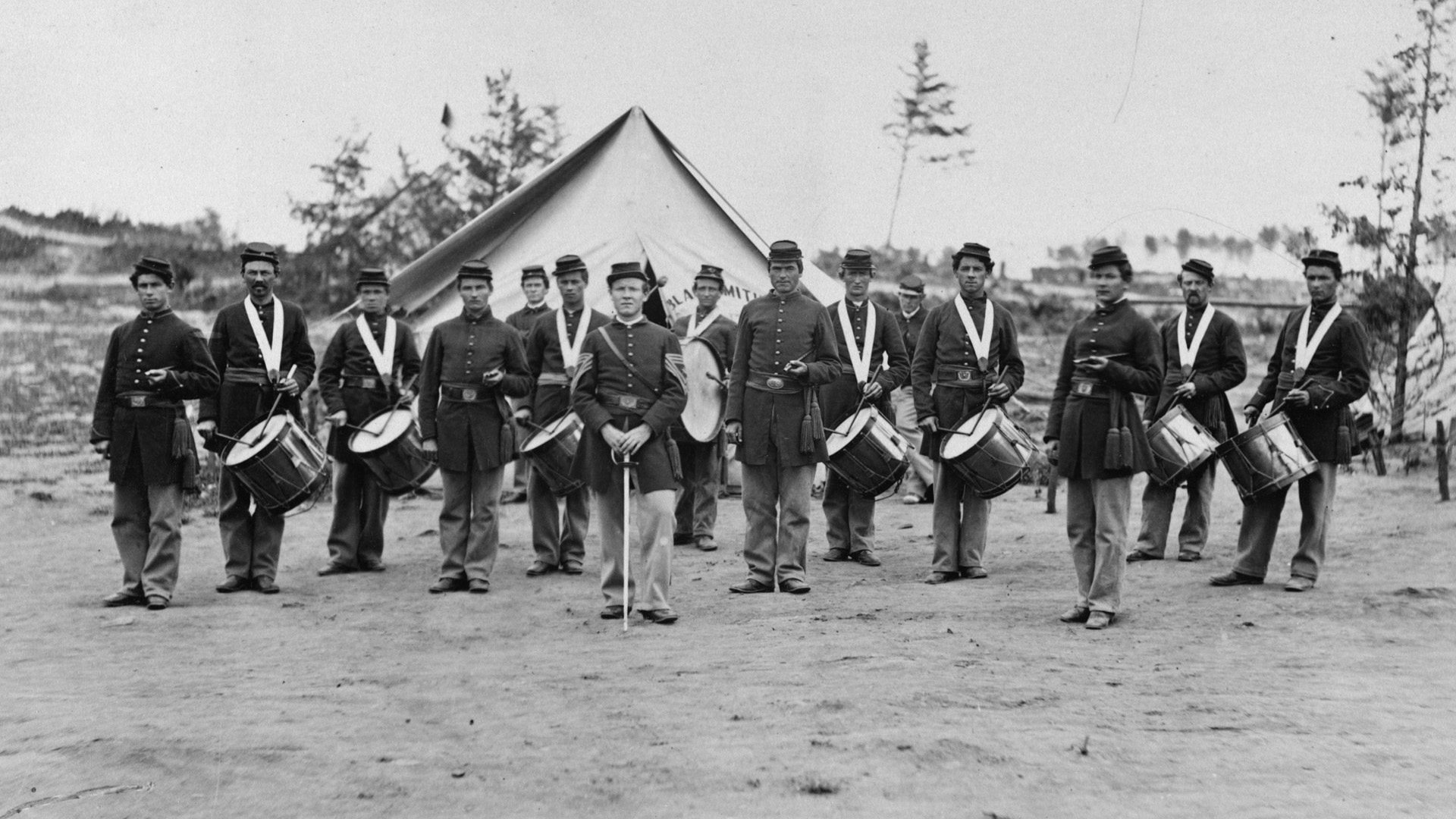
By James Currie
Before the spotlight, before the screaming fans and platinum records, many of the world’s most iconic musicians once wore a very different uniform, one with rank insignias instead of rhinestones. From Elvis Presley to Ice-T, the military shaped the minds and spirits of artists who would go on to define entire genres. Their time in service instilled discipline, resilience, and a deeper sense of humanity that often found its way into their music.
Elvis Presley: The King in Khaki
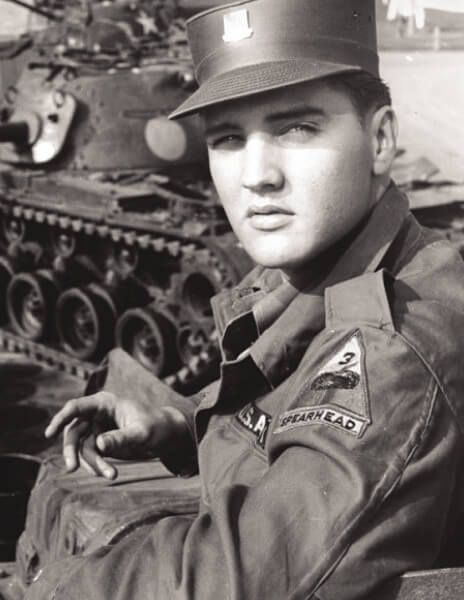
In 1958, at the height of his fame, Elvis Presley was drafted into the U.S. Army. Rather than seeking special treatment, Presley chose to serve as an ordinary soldier in the 3rd Armored Division in Friedberg, Germany. The move earned him respect from skeptics who had dismissed him as a rebellious rock idol.
During his two years of service, Presley met Priscilla Beaulieu (his future wife) and gained a new sense of maturity. He later said, “The Army teaches you more about yourself than you ever knew.” When he returned to civilian life in 1960, he wasn’t just the King of Rock ’n’ Roll — he was America’s favorite veteran.
Howlin’ Wolf: The Blues Soldier
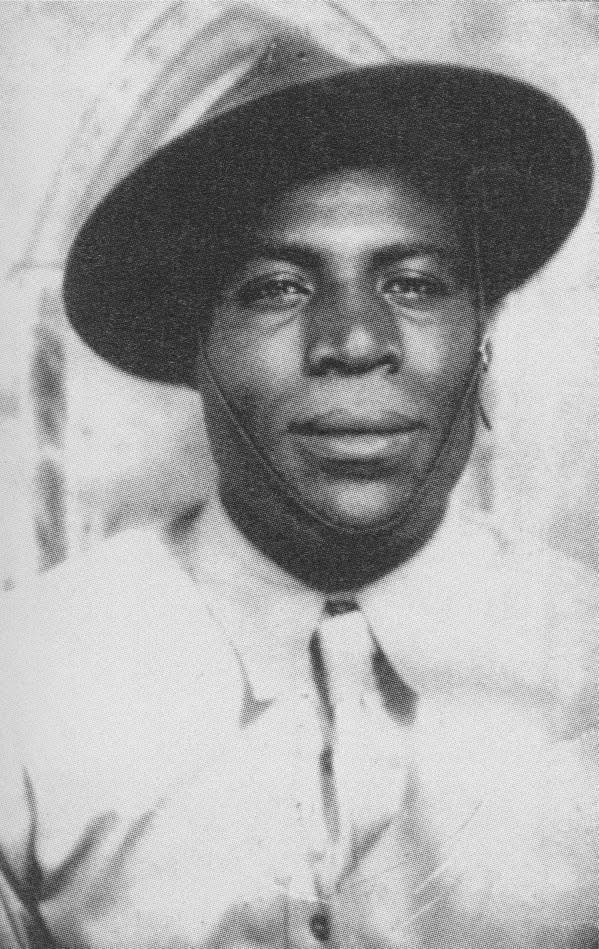
Born Chester Arthur Burnett, Howlin’ Wolf enlisted in the U.S. Army during World War II, serving in the Pacific with the 9th Cavalry Regiment. Though his service was cut short due to medical issues, the experience left an indelible mark on his life. His raw, commanding stage presence and his no-nonsense attitude reflected a soldier’s strength and authority. After returning home, he poured that intensity into electric blues classics like “Smokestack Lightnin’” and “Spoonful,” influencing generations to come.
Johnny Cash: Tuning in to the Cold War

Long before he sang about prisons and redemption, Johnny Cash served in the U.S. Air Force from 1950 to 1954. Stationed in Landsberg, Germany, he worked as a Morse code operator intercepting Soviet radio transmissions. During this quiet, isolated time, Cash began writing songs — including early drafts of “Folsom Prison Blues.”
His years abroad gave him the emotional range that defined his later music: loneliness, duty, and faith. “The Army taught me that I could handle being alone,” Cash later said. “And that’s where the songs came from.”
Jimi Hendrix: Paratrooper Turned Guitar God
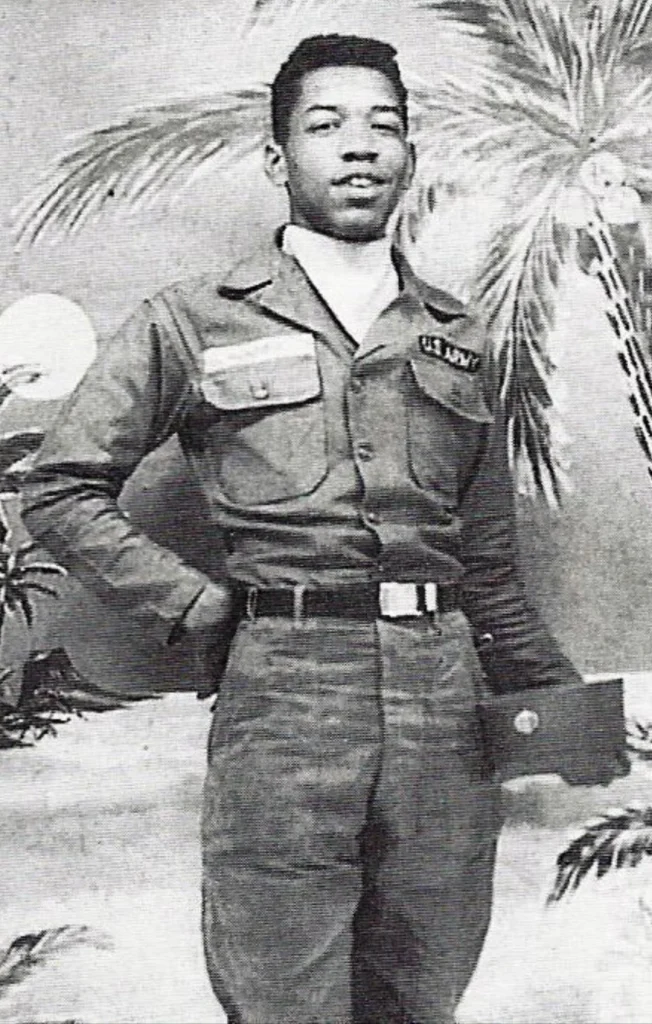
Before lighting up stages around the world, Jimi Hendrix served in the 101st Airborne Division at Fort Campbell, Kentucky, in 1961. A reluctant soldier, Hendrix completed 26 parachute jumps before being honorably discharged due to an ankle injury.
While in the service, he met bassist Billy Cox — the beginning of a lifelong musical partnership. Military life may have stifled Hendrix’s rebellious nature, but it also gave him the structure and focus to later revolutionize rock guitar.
Kris Kristofferson: Scholar, Soldier, Songwriter
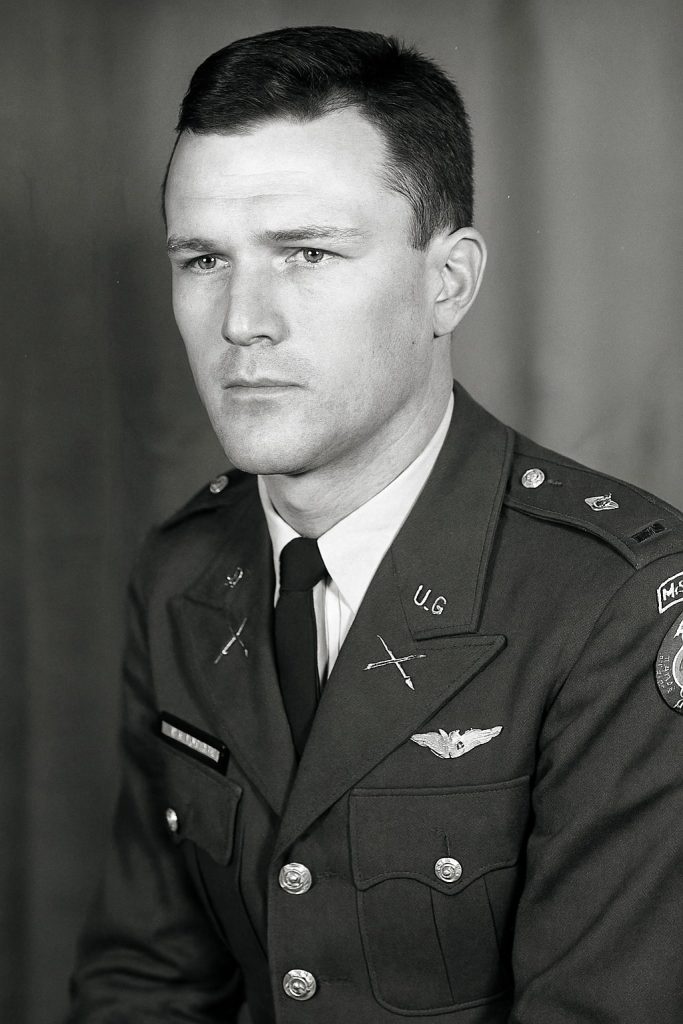
Few musicians have a résumé as impressive as Kris Kristofferson’s. A Rhodes Scholar and Oxford graduate, Kristofferson joined the U.S. Army and became a helicopter pilot, reaching the rank of captain. He turned down a prestigious teaching position at West Point to pursue songwriting in Nashville — a decision his family initially viewed as reckless.
But his military discipline and poetic soul combined to create timeless hits like “Me and Bobby McGee” and “Sunday Mornin’ Comin’ Down.” Kristofferson often credited the Army with teaching him “how to finish what you start.”
George Strait: The Cowboy in Uniform
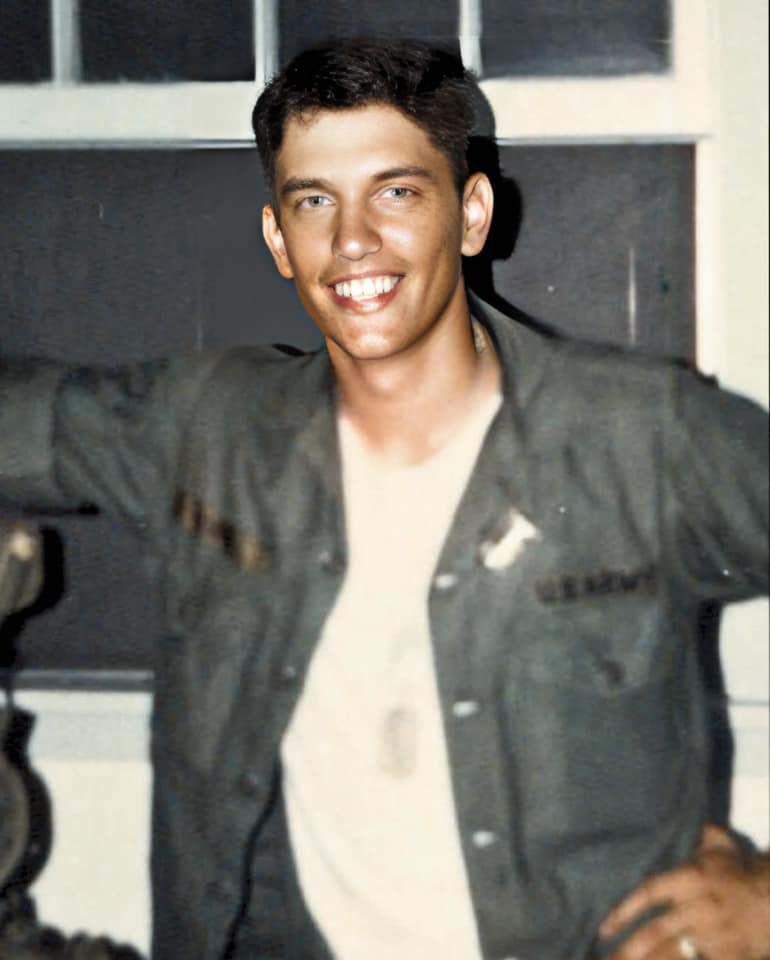
Before becoming the “King of Country,” George Strait enlisted in the U.S. Army in 1971. While stationed in Hawaii, he began performing with an Army-sponsored band called Rambling Country. That experience would launch a career spanning decades and dozens of No. 1 hits.
Strait’s grounded demeanor and respect for tradition trace directly back to his service years — a quiet professionalism that made him one of country music’s most respected figures.
Ice-T: From Soldier to Street Poet
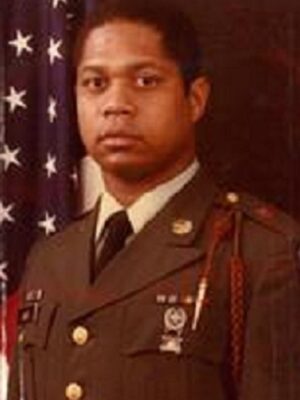
Before he became one of hip-hop’s most outspoken voices, Ice-T (Tracy Lauren Marrow) served four years in the U.S. Army with the 25th Infantry Division. Enlisting to escape poverty in Los Angeles, Ice-T used his Army pay to buy his first DJ equipment and records.
His time in uniform gave him a structured environment — and, more importantly, a sense of perspective. “The Army was my wake-up call,” he said. “It showed me I could do more than just survive — I could lead.” That mindset carried into his rap career and later his acting roles in Law & Order: SVU.
Sturgill Simpson: The Navy’s Country Rebel
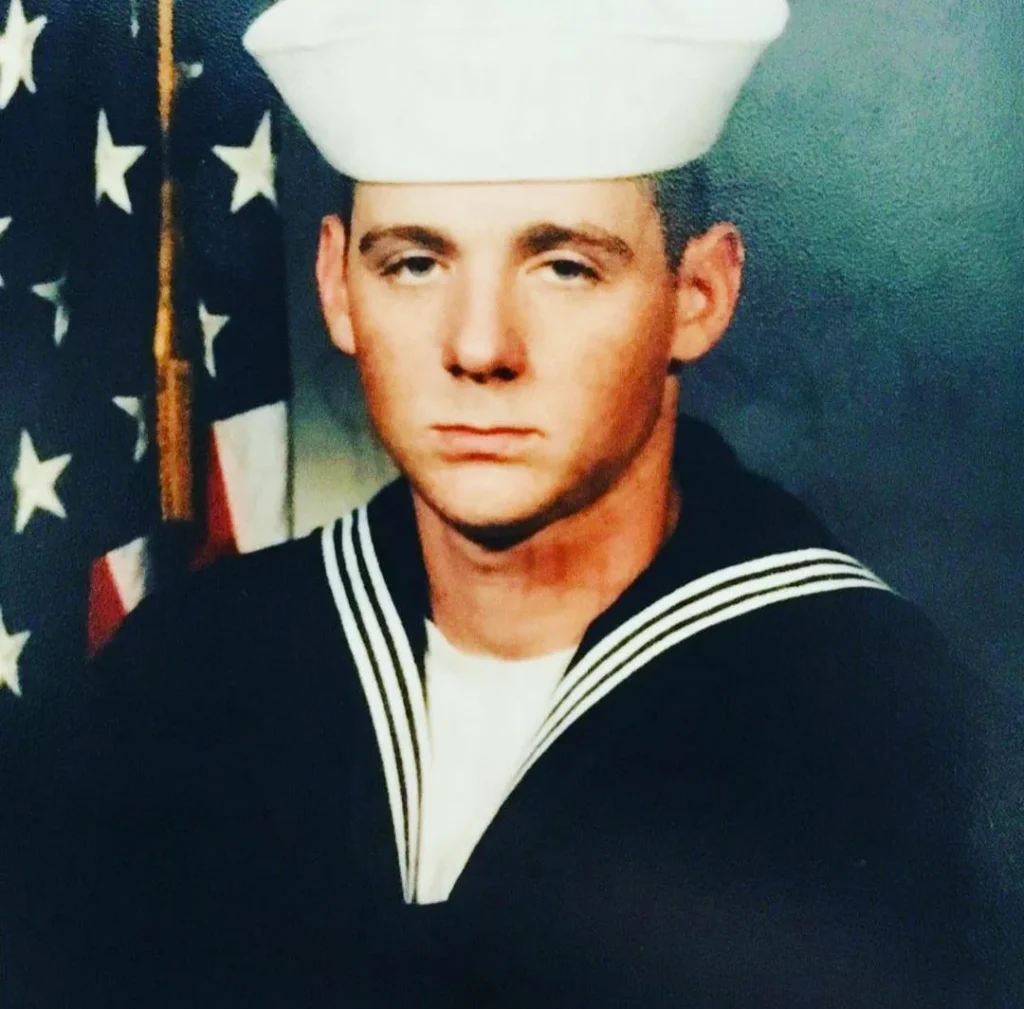
Before his Grammy-winning music career, Sturgill Simpson served three years in the U.S. Navy, stationed in Japan and Southeast Asia. The experience shaped his worldview and informed his later lyrics about politics, faith, and the human condition.
Simpson’s mix of cosmic country and philosophical storytelling owes much to his years abroad. “The military showed me how big the world really is — and how small we all are in it,” he once reflected.
John Prine: Mailman Turned Army Mechanic
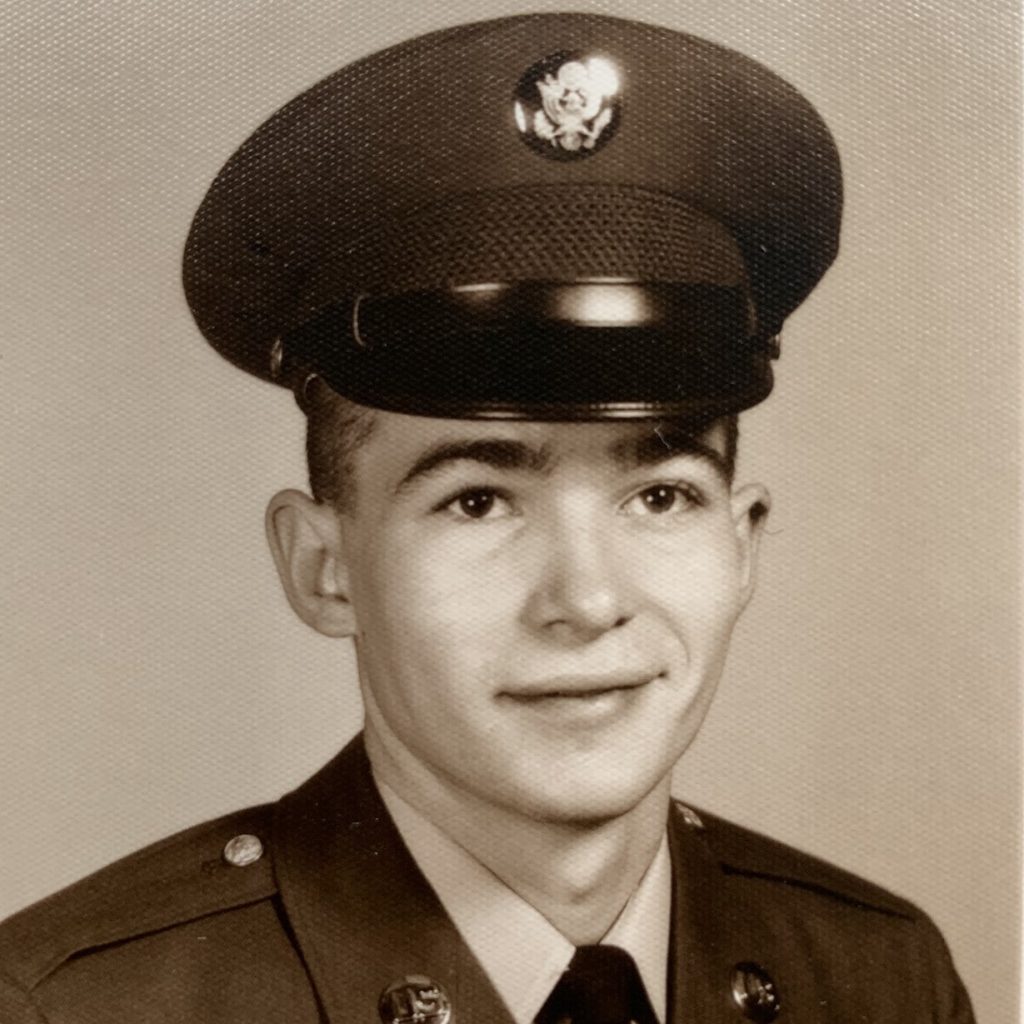
Beloved folk troubadour John Prine was drafted into the U.S. Army in the 1960s and served in West Germany as a mechanic. His experiences abroad — and the contrast between military life and the ordinary struggles of American workers — deeply influenced his songwriting.
When he returned home and began performing in Chicago clubs, songs like “Sam Stone” and “Hello in There” carried the quiet insight of someone who had seen the cost of service firsthand.
Maynard James Keenan: The Disciplined Visionary
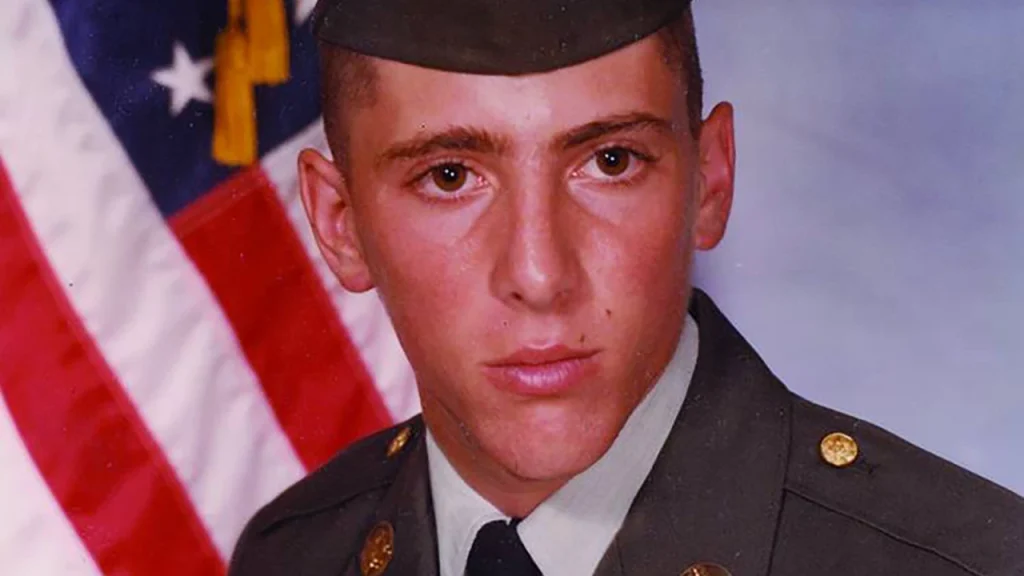
Before leading bands like Tool, A Perfect Circle, and Puscifer, Maynard James Keenan served in the U.S. Army. He joined in 1982, training at West Point Prep School and serving in the early ’80s as a forward observer. The military instilled in him a fierce sense of precision, control, and focus — traits that define his complex, introspective music and stagecraft.
Keenan has said his time in uniform helped him develop the self-discipline and work ethic that became essential to his art: “You learn to endure. You learn that pain and patience are part of growth.”
C.J. Ramone: Punk’s Marine
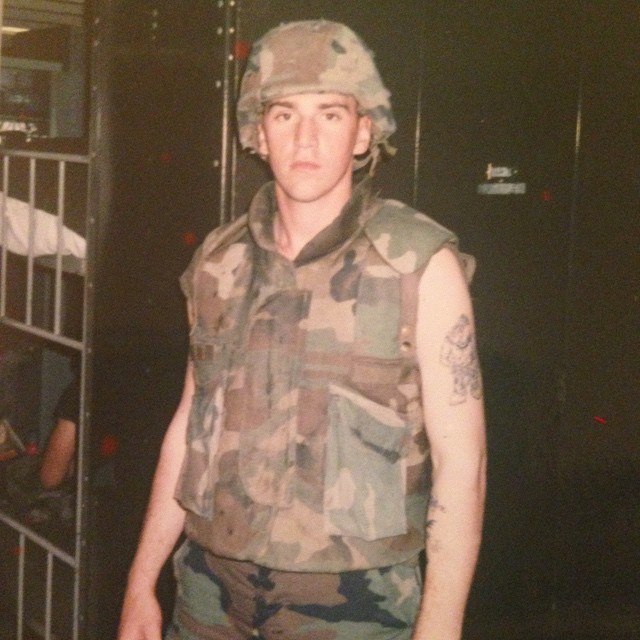
When Dee Dee Ramone left The Ramones in 1989, C.J. Ramone (Christopher Ward) stepped in — bringing a burst of youthful energy and, surprisingly, military discipline. Before joining the legendary punk band, C.J. served in the U.S. Marine Corps.
His military background gave him the stamina to handle grueling world tours and the unrelenting pace of punk life. “The Marines taught me to push through anything,” he said. “That came in handy in The Ramones.”
Marching to Their Own Beat
From foxholes to festival stages, these artists prove that military service and musical rebellion are not as far apart as they seem. The discipline of the armed forces gave them strength; the creativity of music gave them freedom.
Their paths from soldiers to superstars are reminders that art often grows out of struggle — and that even in the most regimented environments, the human spirit finds a way to sing.
- C.J. Ramone Marine Corps, Elvis Presley Army, Ice-T Army, Jimi Hendrix service, John Prine Army, Kris Kristofferson helicopter pilot, Maynard James Keenan veteran, military musicians, musicians who served, rock veterans, Sturgill Simpson Navy
Related Articles
More in this category
-
 The Historic Stage At The Genesee...
The Historic Stage At The Genesee...Feb 23, 2026 0
-
 Chicago’s Own: Post‑Punk Duo...
Chicago’s Own: Post‑Punk Duo...Feb 20, 2026 0
-
 Milwaukee’s Mega Festival,...
Milwaukee’s Mega Festival,...Feb 19, 2026 0
-
 Broadway In...
Broadway In...Feb 18, 2026 0



